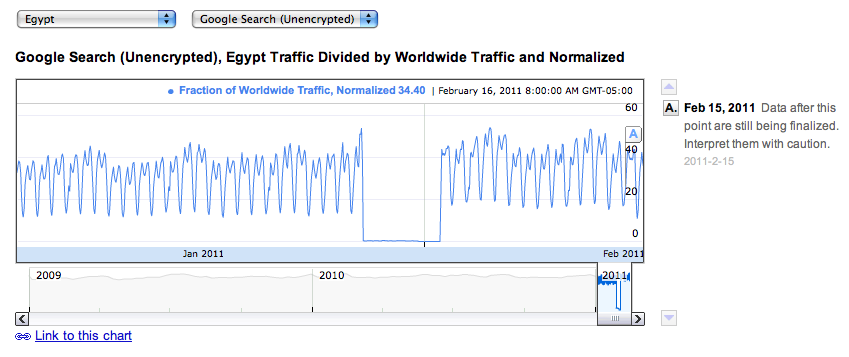Go Far with GOFA

Internet Freedom has been a hot topic recently. At the Freedom Online Conference last week, discussion focused on the roles different actors have in promoting and protecting human rights online. In Congress, SOPA and PIPA have stirred the debate about freedoms online within the United States. And now, there's a new bill on the block.
The Global Online Freedom Act, also known as GOFA, introduced in the House by Representative Chris Smith, specifically addresses the relationship private companies have to security and freedoms online. Originally introduced a few years ago, recent events have brought new life into this initiative. The bill aims at preventing repressive governments from transforming the Internet into a tool of censorship and surveillance by encouraging greater transparency and accountability in the US Internet security sector. While these monitoring and surveillance technologies have legitimate uses assisting law enforcement and protecting citizens, repressive regimes around the world apply technology developed by American companies to stifle freedom of speech and expression, as well as to quell dissent. Many companies do not have policies for dealing with the recent proliferation of cyber-repression, so this bill looks to give government guidance on these issues.
The system proposed by GOFA takes lessons from Arms Trade regulations and the Kimberly Process in order prevent these technologies from becoming harmful. Countries and regimes with a history of subverting the Internet would be named and shamed on a list of Internet Restricting Countries. Companies who are listed on the United States stock exchanges would be required to report their interactions with these regimes, carry out due-diligence on their sales, and take responsbility for the end-use of their products. Companies would no longer be able to hide behind third-party companies that sell this technology onto dangerous regimes. The accountability and transparency that would be brought to this sector would help the rest of the world assist those who wish to express themselves freely online.
There is, of course, a fine line to walk here. These technologies are also an essential part in allowing citizens to speak out against repression, and connect with the rest of the world. Any controls created have to ensure promoters of democracy are not denied these tools. Moreover, the United States cannot tackle this problem alone. International support, particularly from Europe and other countries developing these kinds of technology is essential for the success of this tactic. Europe has made some advancement on these topics, but greater collaboration with the US will help create a united front against online repression.
GOFA is still in its early stages, but NDITech will be keeping a close eye on this dialogue. All stakeholders in this process have a role in promoting Internet Freedom, and this bill will serve as a catalyst for understanding how different pieces of the puzzle can work together. Through GOFA, the US has the opportunity to take a moral stance promoting freedom in cyberspace.
